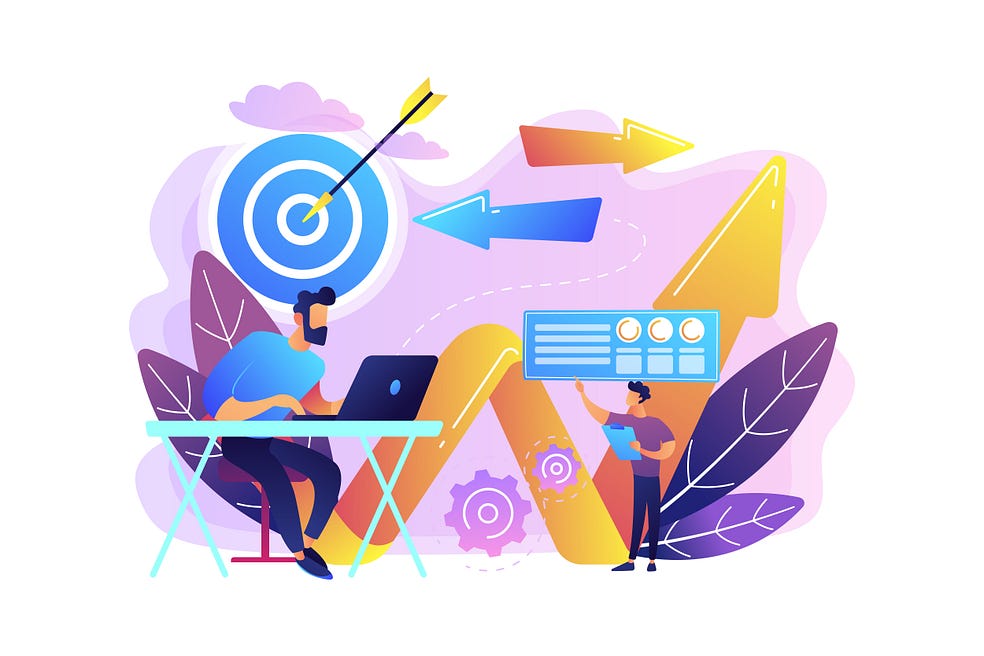Transformative Impact of Personalized Learning
As we traverse the digital landscape, personalized learning emerges as a groundbreaking force in the realm of eLearning, surpassing the confines of conventional classrooms. This innovative approach tailors educational experiences to accommodate diverse learning styles, providing learners with unparalleled flexibility, autonomy, and adaptive learning paths. In essence, personalized learning not only transforms the educational landscape into a bespoke and captivating journey but also extends its impact far beyond academic domains. By instilling critical thinking, problem-solving prowess, and the ability for self-directed learning, personalized learning becomes a linchpin in preparing individuals for success in an ever-evolving professional sphere. The embrace of personalized learning heralds a future marked by inclusivity, efficiency, and empowerment within the educational milieu. This paradigm shift signifies more than a trend; it propels us toward a future of eLearning where individualized approaches have the potential to redefine how knowledge is acquired and personal development is nurtured in the years ahead.
Catering to Diverse Learning Styles:

A key benefit of personalized learning lies in its capacity to accommodate a variety of learning styles. Unlike traditional one-size-fits-all methods that can leave certain learners lagging or finding the material overly simplistic, personalized learning tailors educational experiences to individual needs. Personalized learning addresses this challenge by adapting content, pace, and assessments to individual preferences. Visual learners may benefit from multimedia presentations, while hands-on learners might thrive with interactive simulations. By accommodating various learning styles, personalized learning enhances comprehension and retention.
Flexibility and Autonomy:
Personalized learning empowers learners by providing flexibility and autonomy over their educational journey. Students can choose when, where, and how they learn, accommodating diverse schedules and preferences. This autonomy fosters a sense of responsibility and ownership, motivating learners to actively engage with the material. Whether a student is an early bird or a night owl, personalized learning ensures that education aligns with individual rhythms, fostering a positive learning experience.
Adaptive Learning Paths:
Traditional education often assumes a linear progression through a curriculum. However, learners vary in their background knowledge, skills, and understanding of concepts. Personalized learning utilizes adaptive learning paths, adjusting the difficulty and pace of content based on individual performance. This ensures that learners receive targeted support where needed, preventing boredom or frustration and promoting continuous progress.
Targeted Remediation and Acceleration:

One of the significant impacts of personalized learning is its ability to address individual learning gaps. If a student struggles with a specific concept, personalized learning platforms can provide targeted remediation, offering additional resources, explanations, or practice exercises until mastery is achieved. On the flip side, for students who grasp concepts quickly, personalized learning allows for acceleration, enabling them to move ahead to more advanced topics, and preventing unnecessary repetition.
Enhanced Engagement through Gamification:
Gamification is a powerful tool within personalized learning, transforming the educational experience into an engaging and interactive journey. Elements such as badges, rewards, and progress tracking motivate learners and make the learning process enjoyable. Gamified approaches tap into intrinsic motivations, fostering a sense of accomplishment and encouraging students to persist in their learning endeavors.
Data-Driven Insights:
Personalized learning leverages data analytics to provide valuable insights into student performance. Learning platforms collect data on progress, preferences, and areas of difficulty, enabling educators to make informed decisions. By analyzing this data, educators can tailor instructional strategies, identify trends, and offer timely interventions. This data-driven approach enhances the effectiveness of teaching and ensures that each learner receives the support they need.
Preparation for the Future Workforce:

In a time when adaptability and ongoing learning are essential, personalized learning empowers students with the skills required for the future professional landscape. The ability to take charge of one’s learning, adapt to different learning environments, and engage with diverse content prepares individuals for the dynamic challenges of the professional world. Tailored learning cultivates critical thinking, problem-solving abilities, and the aptitude for self-directed learning, preparing learners for success in a swiftly changing professional landscape.
Conclusion:
As we navigate the digital age, personalized learning emerges as a transformative beacon of innovation within eLearning, transcending the boundaries of traditional classrooms. Tailoring educational experiences to diverse learning styles, providing flexibility and autonomy, and employing adaptive learning paths, personalized learning redefines education as a uniquely tailored and engaging journey. Its influence extends beyond academic realms, playing a pivotal role in equipping individuals with critical thinking, problem-solving skills, and self-directed learning capabilities — essential attributes for success in a rapidly evolving professional landscape. Embracing the possibilities of personalized learning sets us on a trajectory toward a more inclusive, efficient, and empowering educational environment, where the future of eLearning unfolds as a personalized paradigm with the potential to reshape how we acquire knowledge and foster personal development in the years to come. earning.